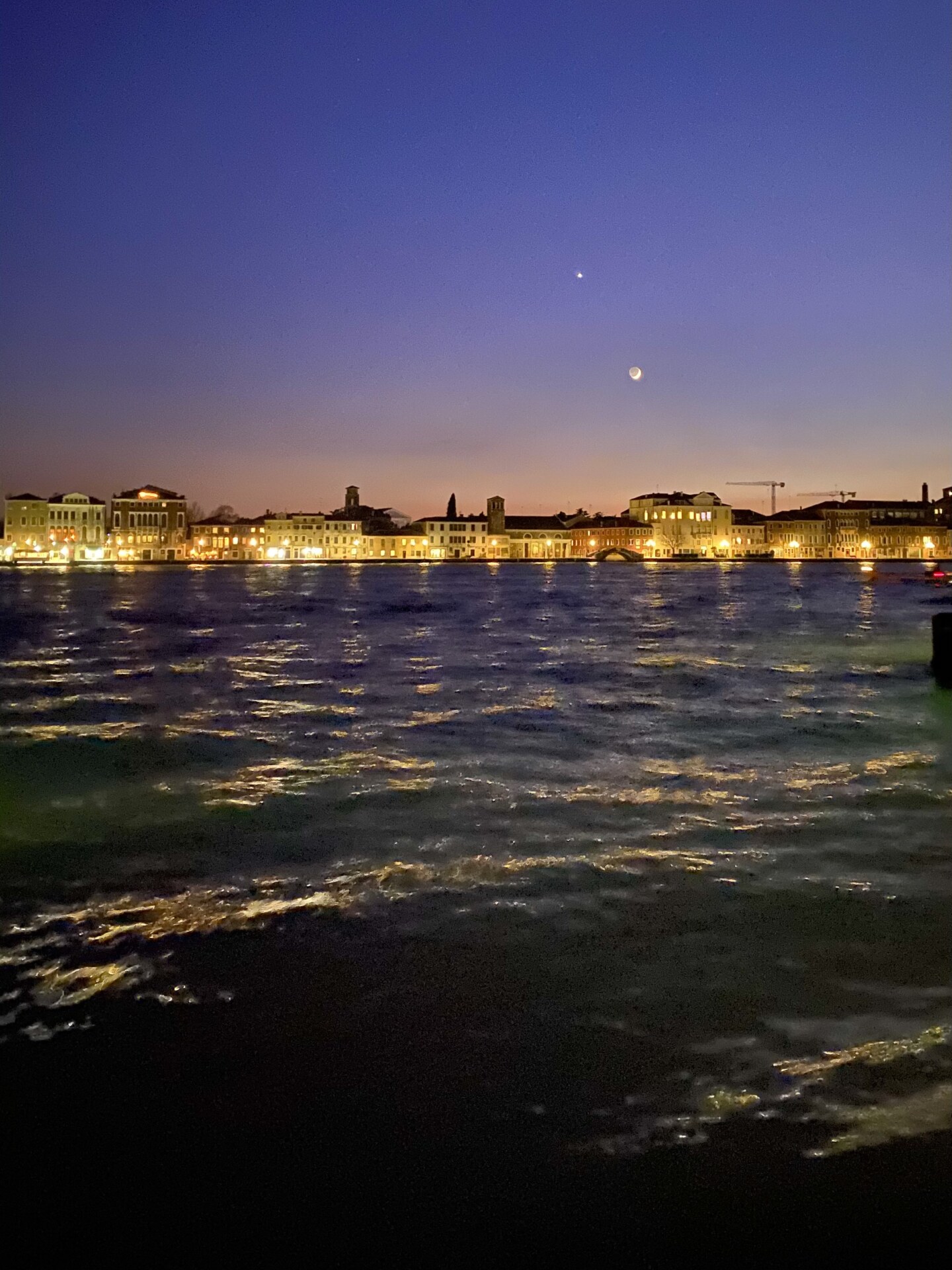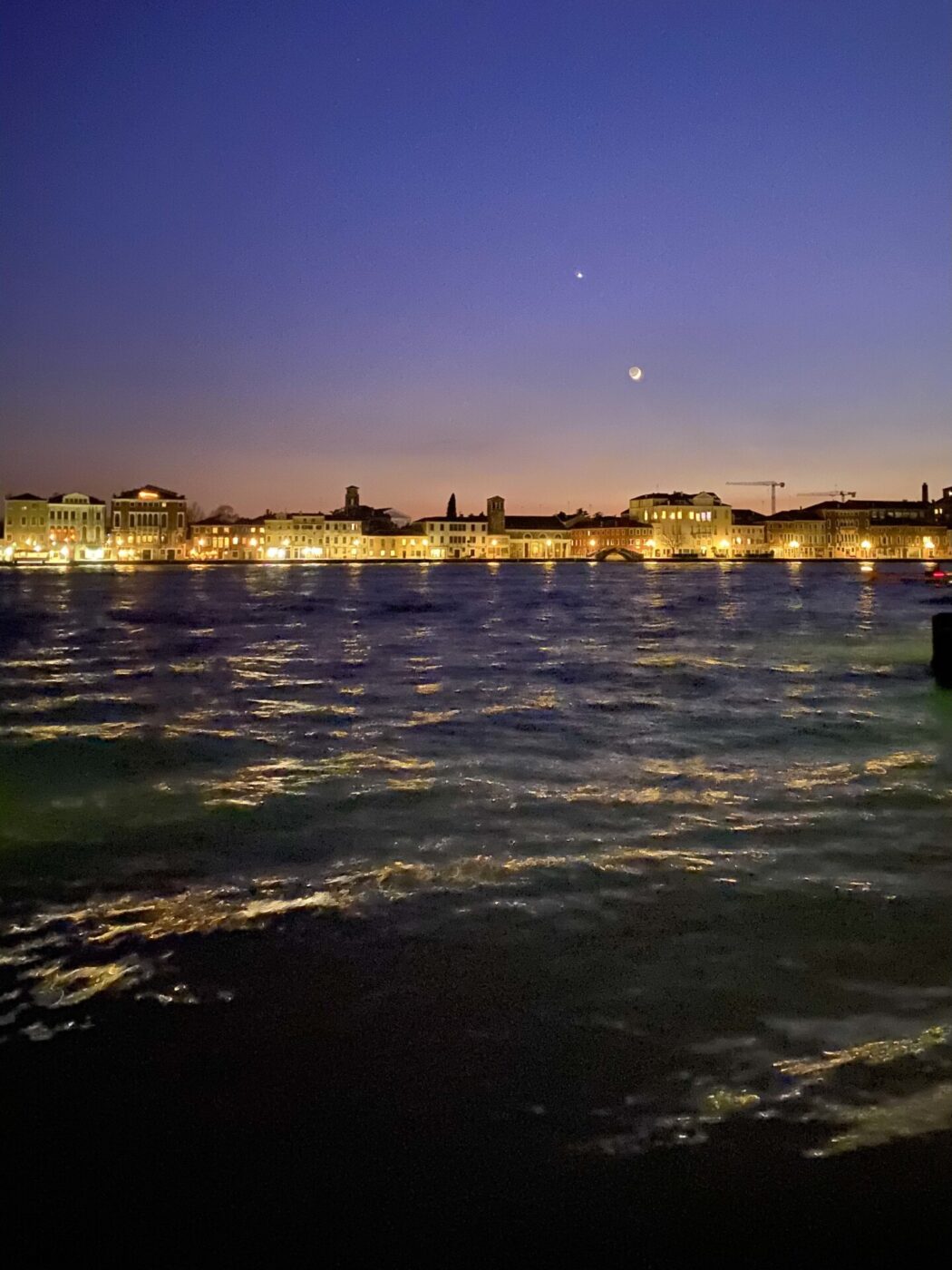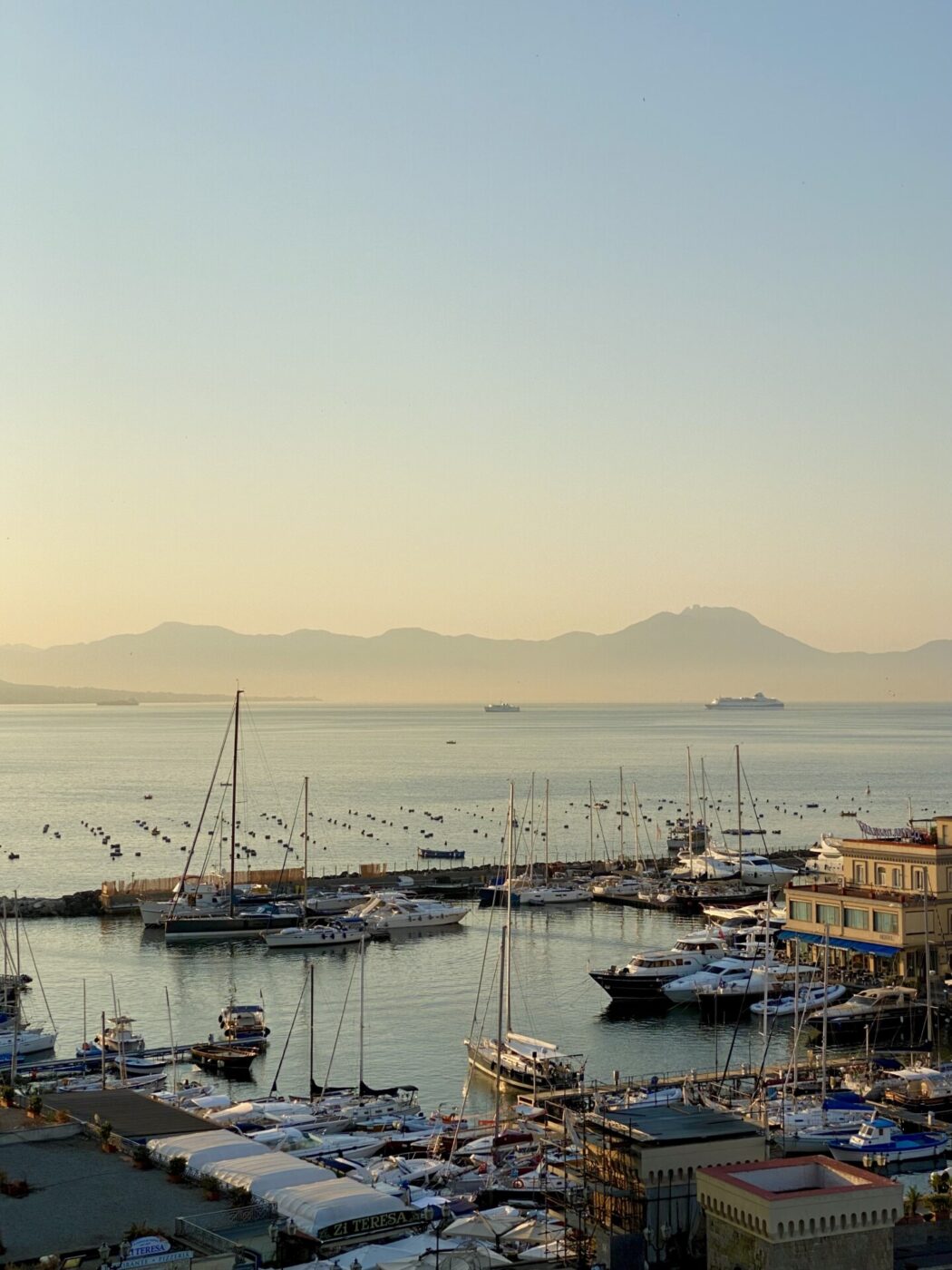In Italy, there are many ways to say “I love you”; Italian, after all, is a Romance language. Aside from its melodic vowels and musical cadences that have been rolling off the tongue since the days of the Roman Empire (even before), the language has hundreds of different ways to say “I love you”.
Linguistics aside, each region in Italy has its own traditional “love language” too, expressing these feelings in ways that are often impossible to articulate in English or other Germanic languages.
From Milan to Messina, there are specific phrases of affection, even adoration, that you will hear across the country. These stem from “common Italian”, the official language spoken throughout Italy today, with literary origins in 13th-century Tuscany. You might hear your neighbor calling her puppy amore mio (“my love”) or your neighbor greeting his girlfriend as dolcezza (“sweetheart”, which literally translates to “a piece of cake”). You might also hear your best friend pointing out an all-consuming state of colpo di fulmine (“lightning strike”, used to describe love at first sight) that came over her inside Terminal 2 at Capodichino International Airport. You may hear newlywed couples proclaim ti amerò fino al giorno dopo per sempre (“I will love you until the day after forever”) and mothers assure their daughters that chi s’assomiglia si piglia (“those who are similar end up together”).
Venice
It’s a sultry August night in Piazza San Marco, the water level is rising around your dinner table, and the jazz band is playing a slow rendition of Sarà perché ti amo… the ‘V’ in Venice must certainly be the same ‘V’ in love. The Venetian dialect, also known as Veneziano, has its own distinct vocabulary, grammar, and pronunciation compared to standard Italian, and the same can be said for its love expressions and idioms. Venetian culture has long and rich literary traditions, with poetic and dramatic masterpieces dating back to the Middle Ages penned in dialect by the likes of Dante Alighieri and Petrarch. These writings no doubt influenced the way the Venetian consciousness (and beyond) thought about and expressed the concept of love; an all-enveloping, multisensory experience that consumes the mind, the body, and the soul, all at once. From Par amor, l’ocar g apiol (“For love, even vinegar tastes sweet”) to Amor fa brusar, no lavorar (“Love makes you burn, not work”) and Amor, polvere e musca, no se posso fergir dentro un baril (“Love, dust and flies cannot be locked in a jar”), Venetian dialect offers evocative expressions of love that seem to reflect the explosion of emotions and sensory stimuli that goes straight to our heads every time we visit the City of Love. It’s called that for a reason.

Rome
Professor Ada Bertini-Bezzi, who specialises in the study of Italian as a foreign language, says that Romanesco (l’italiano de Roma, as it has evolved from the middle ages to the Renaissance, through to the unification of Italy) is the dialect we hear in some of the most vivid expressions of love from Italian popular culture over the last century:
“Among the Italian dialects, Romanesco is by far the one you hear most often in the cinema, on television, on the radio, and in advertising. At least in part, this is due to the centrality of Rome, but also to the fact that the dialect of the capital is considered –together with the Tuscan dialects–as the most easily exportable as it is understandable throughout Italy because it’s very close to Italian,” says Professor Bertini-Bezzi. What does it sound like to express your love for someone in Romanesco? It’s often with exaggerated phrases like quanno te penso me squaglio come un gelato ar sole (“when I think of you, I melt like gelato”) or de tutta Roma tu sei er monumento più spettacolare (“in all of Rome, you are the most spectacular monument”), which you will no doubt see plastered below illustrations of the Colosseum and Trevi Fountain on tourist tote bags all over the city.
Naples
Let’s just write an entire love ballad about Naples while we’re at it. When you hear Neapolitan words and phrases being spoken with innate passion and intensity, it’s like a match to the heart. It makes you want to grab your special someone–or even just the person next to you on the street–and squeeze them until they turn blue. The Neapolitan language is actually recognized as a separate language, as well as a Southern regional variant dialect of Italian. Just ask Stefano Russo and Simona Iaccio who created Il Tesoro della Lingua Napoletana, a digital platform celebrating unique facets, phrases, and expressions of the Neapolitan language in an effort to preserve the language for future generations. Often exploring themes of love, passion, and desire, Russo and Iaccio’s content has struck a chord with tens of thousands of people across the world.
“In addition to being very colourful and ironic, the Neapolitan language also has the ability to express the most beautiful of feelings with extreme romanticism. Just think of the worldwide success of Neapolitan songs, where the theme of love is often expressed with imagination and passion. The musicality of the Neapolitan words certainly contributes to the success of these songs,” says Russo. “Neapolitans are generally considered to be very expressive and passionate in communicating their feelings, which contributes to the dialect’s reputation as the language of love.”
While it might not be advisable to attempt saying a Neapolitan love phrase on the first date (then again…), here are a few expressions to keep in your back pocket for when the time is right: M’arrevuote ‘o core! (“you turn my heart upside down!”) or ‘o core mio squacquarea per te! (“my heart beats fast for you!”). And if you’re so in love that you see the world through blissful, rose-coloured glasses, a Neapolitan is looking at you and saying: tieni ’o core dint’ô zuccaro (“your heart is dipped in sugar”). Vaco pazzo pe’ tte! (“I’m going crazy for you!”) is all too relatable. If it hasn’t been directly said to you (or by you, in various forms), you’ve certainly heard it sung by the likes of Tony Colombo, Nico Ferrara, and Franco Ricciardo, who released chart-topping songs with this very title.
These phrases confirm what we already know about Naples: in this city, love is not something simply experienced, it is something lived, each and every day–anema e core (“soul and heart”).

Sicily
A little further south: island love. Native Sicilian language and its variant dialects are often used interchangeably with “common Italian” in daily conversation, to emphasise feelings of deep emotion not only between lovers but also friends and family members. Here, maternal love holds high importance, expressed with words and phrases like duci (“sweetie”), curò (“heart”), zuccareddu (“little sugar”), and gioia ru me core (“joy of my heart”). With a rich history of literary traditions (particularly the poem Rosa Fresca Aulentissima by Court-poet Cielo dal Camo, said to be the precursor of Italian poetry), Sicilian love phrases are often image-based, rich in metaphors, and appropriately dramatic; take, for example, l’ amuri è come a tussi…nun si po ammucciari (“Love is like a cough… impossible to hide”) and l’amuri e com’o citrolu, ancumincia aruci e appuoi finisci amaru (“love is like a cucumber, it begins sweet and then ends bitter”).
Sardinia
A hop and skip over the Mediterranean Sea to Sardinia, where love is more about actions than words. Unlike many other southern Italy regions, overt spoken declarations of love are seemingly not as common in Sardinia, or at least they weren’t traditionally. According to Sulcis-born food and culture writer Jessica Cani, who now lives in Cagliari, openly sharing feelings of love is not common or comfortable for some people in Sardinia, who perceive love as a deeply personal and private experience. Sure, if you spend time with people from older generations in small villages outside the main cities you might be more likely to hear love phrases or sayings. However, as Jessica says: “Love will be demonstrated by a husband who helps his wife prepare the table for dinner, or by a wife that gives a bigger portion of the dish to her husband. Love, in Sardinia, is a matter of facts, not words.”
A Sardinian love language might not be part of everyday vocabulary, but it does still exist depending on where you are on the island. The phrase esti totu pigau describes the state of a person who is completely “caught” up in an experience of deep love, while other expressions include s’esti amacchiau/ammacchiara po cussa/cussu (“he/she has become crazy for her/him”), and purely and simply, seu innamorau (“I’m in love”).

While traditional dialect-based expressions of love differ across Italian regions in themes, cultural influences, and of course, sounds, they are united by an evocation of what is not simply experienced, but fully lived with every inch one’s being: love for people, for place, and love for life itself. If there is one country that will prompt you to uncharacteristically pen a love letter to someone, or proclaim your love out loud into the open air, it’s Italy.
As they say in the classics: Veni. Vidi. Amavi. We came. We saw. We loved.
Glossary:
Common Italian
amore mio (“my love”)
dolcezza (“sweetheart”)
colpo di fulmine (“love at first sight”)
ti amerò fino al giorno dopo per sempre (“I will love you until the day after forever”)
chi s’assomiglia si piglia (“those who are similar end up together”)
Venetian
Par amor, l’ocar g apiol (“For love, even vinegar tastes sweet”)
Amor fa brusar, no lavorar (“Love makes you burn, not work”)
Amor, polvere e musca, no se posso fergir dentro un baril (“Love, dust and flies cannot be locked in a jar”)
Roman
quanno te “penso me squaglio come un gelato ar sole (“when I think of you, I melt like gelato”)
de tutta Roma tu sei er monumento più spettacolare (“in all of Rome, you are the most spectacular monument”)
Neapolitan
M’arrevuote ‘o core! (“you turn my heart upside down!”)
‘o core mio squacquarea per te! (“my heart beats fast for you!”)
tieni ’o core dint’ô zuccaro (“your heart is dipped in sugar”)
Vaco pazzo pe’ tte! (“I’m going crazy for you!”)
anema e core (“soul and heart”)
Sicilian
duci (“sweetie”)
curò (“heart”)
zuccareddu (“little sugar”)
gioia ru me core (“joy of my heart”)
l’ amuri è come a tussi…nun si po ammucciari (“Love is like a cough… impossible to hide”)
l’amuri e com’o citrolu, ancumincia aruci e appuoi finisci amaru (“love is like a cucumber– it begins sweet and then ends bitter”)
Sardinia
esti totu pigau (“to be caught up in love”)
s’esti amacchiau/ammacchiara po cussa/cussu (“he/she has become crazy for her/him”)
seu innamorau (“I’m in love”)




